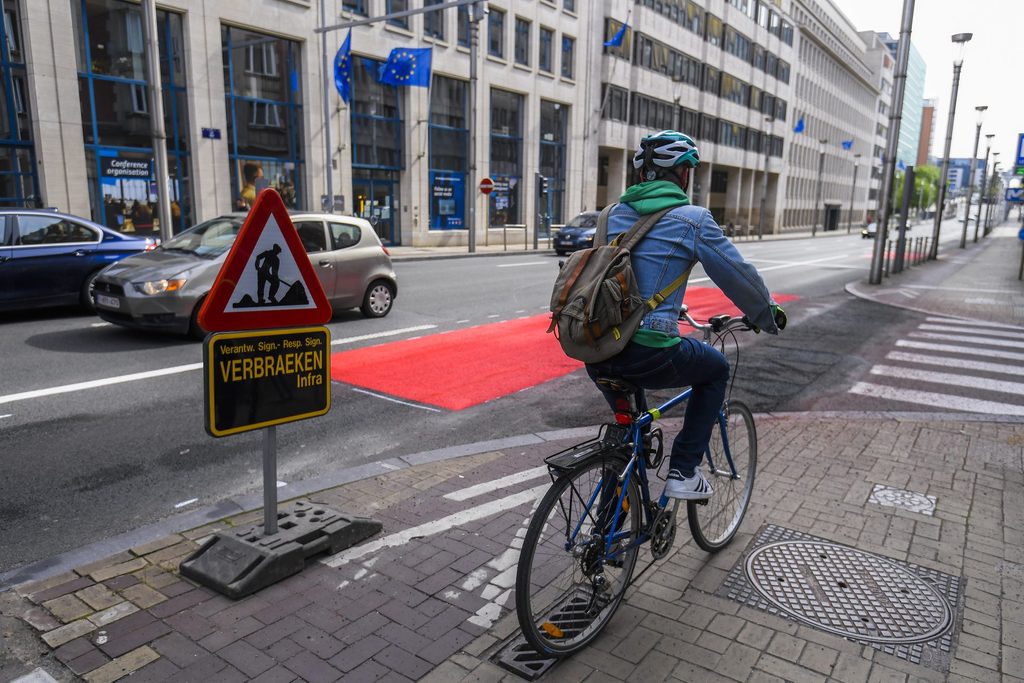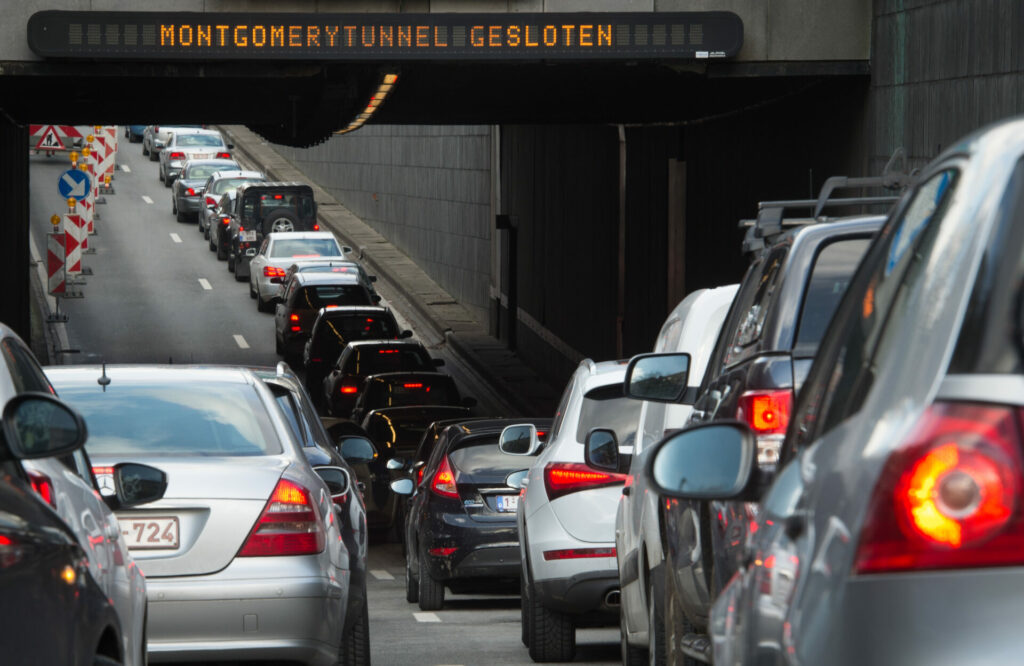Belgium is infamous for its heavy traffic jams, especially at rush hours before and after work. Traffic Institute Vias’ mobility dashboard highlights the worst times to be stuck in traffic.
While the phenomenon of remote working has become increasingly popular in Belgium, the fact that more people are returning to the office is reflected in the number of cars on the road every morning and evening.
The journey times calculated by Vias based on the GPS data of thousands of motorists in Belgium showed that traffic jams have clearly returned to the scene.
"Between 2021 and 2023, journey times during rush hour have increased by 10.8%. The increase is slightly lower in Wallonia than in Flanders. Average delays are greater in the evening than in the morning, peaking at 17:00,” Vias spokesperson Benoît Godart told SudInfo.
From bad to worse
During the morning rush hour (06:00 - 09:00), the delay starts to increase to 25.18% more journey time at 07:00, rising to 34.95% at 08:00. “You therefore need to leave very early at around 06:00-06:15 to avoid being slowed down, or start the day late from 09:30,” said Godart.
During the late morning and early afternoon, congestion eases but delays can start again from as early as 14:00.
Delays increase, on average, by 36% for the entire evening rush hour (16:00 - 18:00). "The average delay per hour of travel is now 39.78% at 17:00, meaning that, for a one-hour journey, the driver will take 25 minutes longer than if there was less traffic," said Godart. At 18:00, this rate falls to 33.94% and by 19:00 it is down to 18.17% additional journey time.

Credit: Belga / Laurie Dieffembacq
The average delay at 17:00 peaks on Thursdays (42.16% additional travel time). Overall, the second-last day of the working week is the busiest: over the whole day, there is an average delay rate of 16.19%, compared with 15.47% on Tuesday, 13.79% on Friday, 13.25% on Wednesday and 11.63% on Monday.
The lowest number of cars take to the road on the first day of the week, likely because people choose to work from home on Monday or are enjoying an extended weekend.
This shift in business from the morning to evening can again be linked to the development of remote working, which sees many people start the day at home, to then go to their office later.
“In the evening, there are more obligations, such as picking up children from school or cooking dinner, meaning many can’t postpone their departure and everyone gets back behind the wheel at virtually the same time,” Godart concluded.

